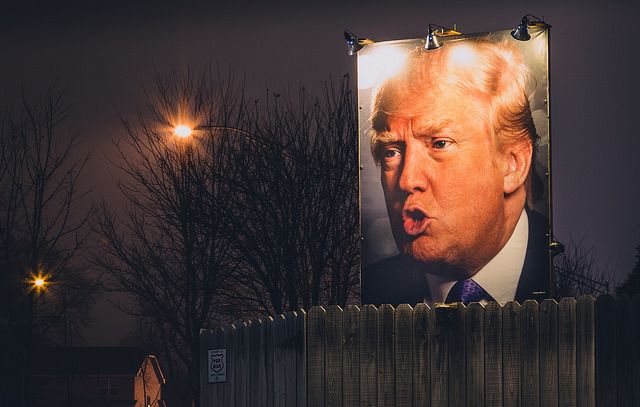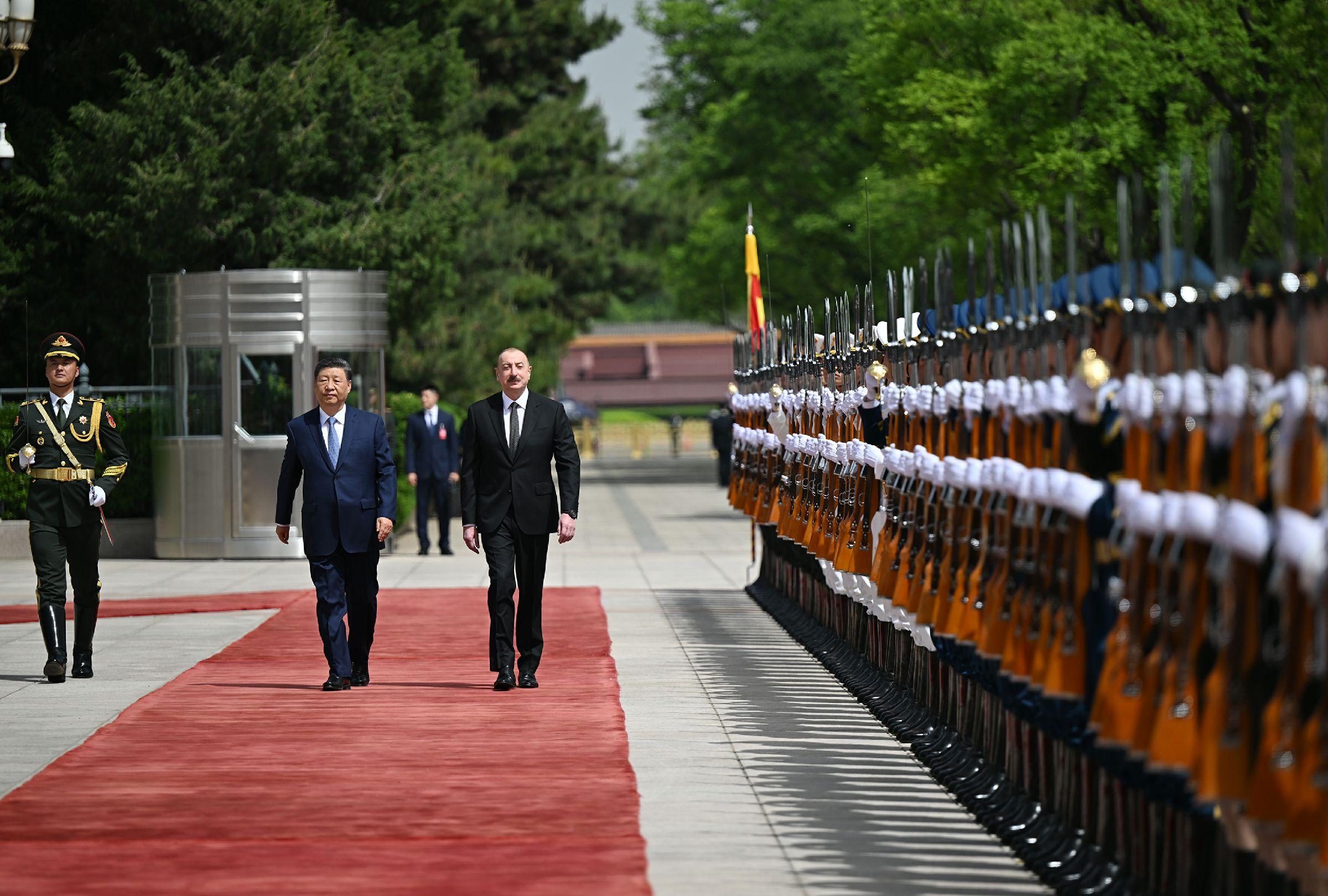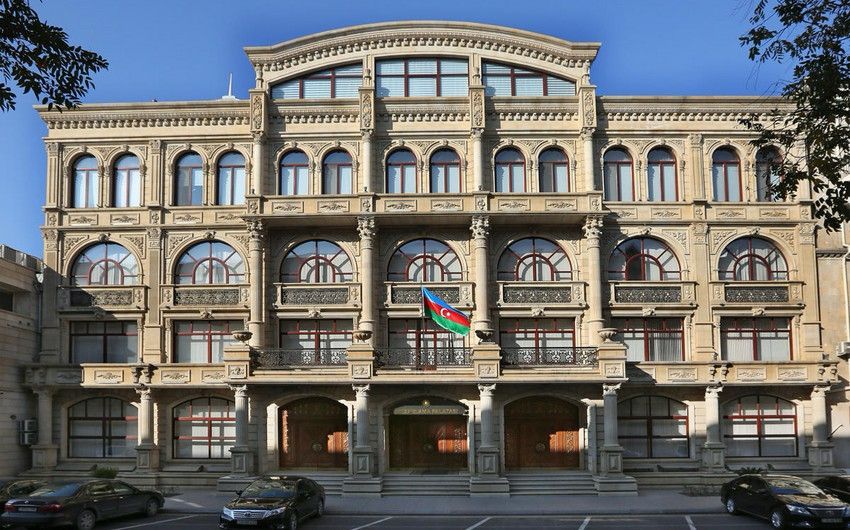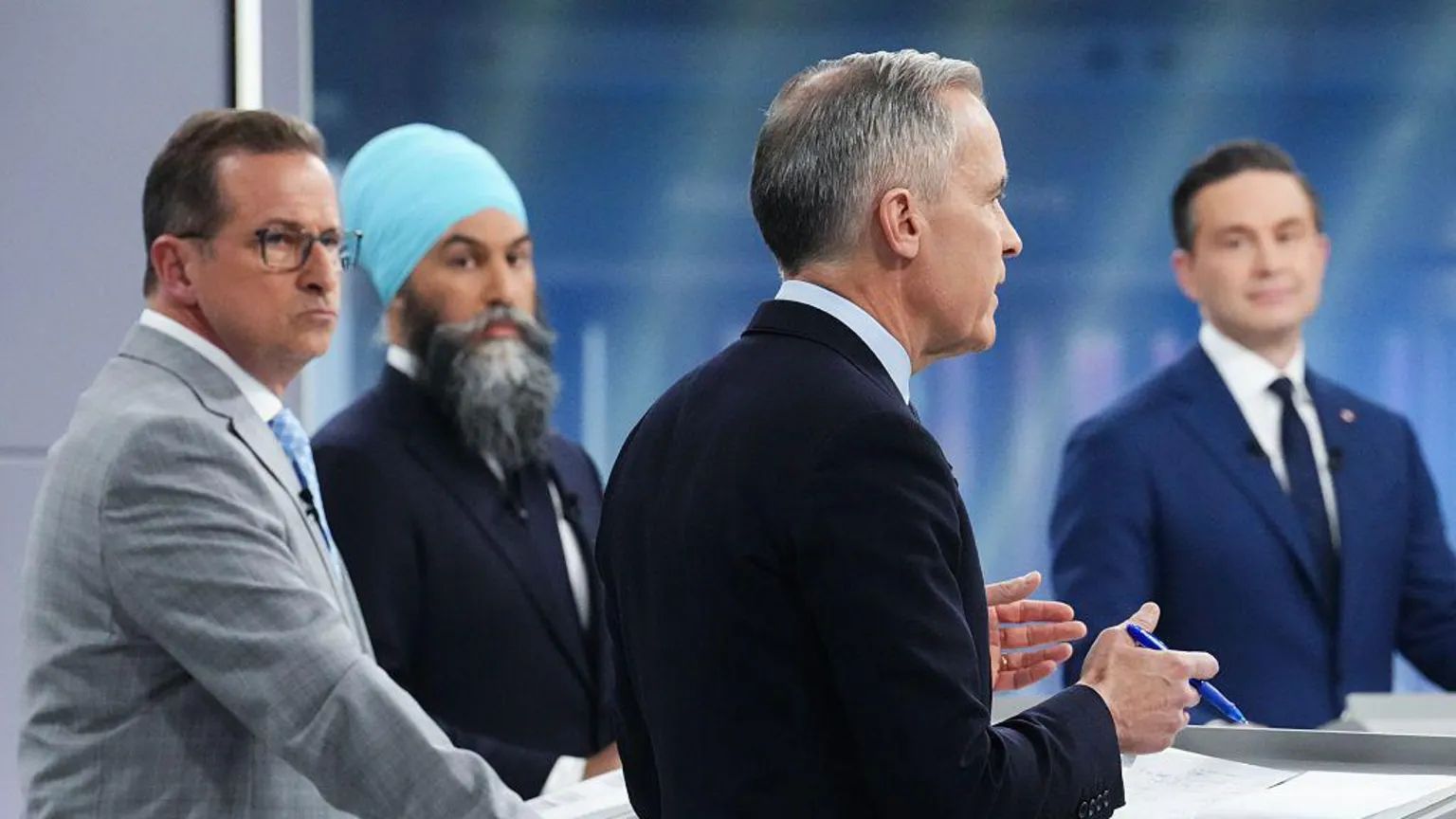Can an ‘old-school’ economic thought abandoned two centuries ago for being ineffective be resurrected in our present day and become a popular economic strategy for a super-state such as the United States? It seems to be possible based on policies proposed by President Donald Trump who would always resort to mercantilist economic policies during his Presidential campaigns. Trump’s economic policy plans, to restore the U.S. economy and trade relations is closely associated with an economic theory called ‘mercantilism’ which was popular in Europe between the 16th and 18th centuries. Behind mercantilism was an effort to expand a country’s political influence by actively supporting domestic market producers and increasing a country’s trade surplus. Mercantilist governments’ objectives were to support domestic production of goods, while imposing heavy tariffs on imports.
Adam Smith, the eighteenth-century liberal economist, used the term ‘mercantilism’ to refer to economic thought that prevailed in Europe from about 1500 to 1750. Mercantilists believed that a state could use its wealth (bullion) to increase its power by building up wealthy state, and influencing its enemies and allies. States therefore took all necessary measures to accumulate gold by increasing their exports and decreasing their imports. Since it was impossible for all states to have a balance-of-trade surplus, mercantilists viewed international relations (IR) as a zero-sum game, in which relative gains were more important than absolute gains. In the late eighteenth-century, Adam Smith criticized mercantilism for encouraging states to encroach on individual freedom and engage in the continuous cycle of European wars. These criticisms were highly effective, and liberal views of free trade became dominant in Europe by replacing mercantilism. However, it seems like the elected President of the U.S. intends to bring mercantilism back in trend.
Tariffs and creation of manufacturing jobs
Trump believes that the collapse of the American manufacturing industry is the result of decades of free-trade policies. He is trying to convince Americans that capitalism with globalisation is the primary reason for the death of American manufacturing industry. Trump in particular blames China for the loss of thousands of millions of American jobs and closure of more than 50,000 factories in the U.S. since China joined the World Trade Organisation (WTO).
The American President asserts that by bringing cheap consumer goods into the U.S. market does cost the country its jobs, depresses the wages, and outsourcing of jobs to cheaper markets is a big concern to the U.S. economy. In Trump’s opinion, if the U.S. bans its firms from moving their manufacturing processes abroad, this will increase return the blue-collar jobs back to the U.S. market. However, critics point out that 80% of job losses in the U.S. over the last few decades is not a result of globalization, free trade, and manufacture movements, but due to higher productivity levels, rationalization and automation. Trump’s priority to disrupt trade relations without thinking of its damaging consequences to the world economy, flags his mercantilist approach.
Trump is concerned that the Chinese and, Mexican economies are beating the American economy, and he is convinced that these states are hugely benefitting from poorly negotiated trade policies which placed the U.S. at a disadvantage. As a result, he intends to impose 45% tariff on products and services produced in China, and 35% tariff on products imported from Mexico. Subsequently, those countries will also impose high tariffs on American imports, resulting in trade wars.
According to U.S. Bureau of Labour Statistics (2016), China ranked first among U.S. import trade partners with $481.9 billion worth of imports, while Mexico ranked third with imports of $294.7 billion. China and Mexico are the main sources of import of various goods. Imposition of tariffs on these states will dramatically increase the prices of imported goods for American consumers, because the tariffed countries will retaliate with higher prices on the U.S. imports. In the short-run, such a scenario can only benefit American oil firms by raising prices on imported Mexican oil. Luckily, by the U.S. law, the President can only raise tariffs by 15% for 150 days without Congressional approval, which is a little relieving for the American public and trade.
Trump rejects the fact that reduction of imports through protective tariffs and increase of domestic production would result in rise of prices, and hurt American consumers. In his view, increased consumer prices would not affect Americans that much if that process can contribute to a creation of more jobs domestically and increase in wages. However, Trump does not understand that salaries of manufacturing and industrial jobs may not be sufficient to match the high prices that ordinary citizens will have to encounter.
It seems like Donald Trump does not believe in mutual prosperity that brings free trade in, since his mercantilist convictions demand a “zero sum game” policy, in which the U.S. would only be a winner. Trump’s mercantilist economic reforms is deeply misguided, believing in a zero sum game where one side loses and the other wins, and assuming that a state that imports more goods than it exports is uncompetitive. The U.S. had been running a trade deficit for the past 40 years while the economy was still growing immensely. This was due to fair, free trade deals between the countries and employment of a transparent capitalistic system in the U.S. economy.
Trump’s trade policy proposals therefore make him a mercantilist partly because mercantilists would also ignore the ways in which the world would react, presuming that their state will be able to impose tariffs and other barriers to trade without facing any negative consequences from the opposite side. Mercantilists would also protect their domestic producers from the inflow of foreign goods, which would have reduced the market competitiveness. They would have banned the firms from outsourcing their manufacturing processes abroad, thus creating more industrial jobs for its citizens. Thus, Trump is determined to reduce the amount of imports and increase the amount of exports, to impose high tariffs with major trade partners in order to achieve his mercantilist goals.
Renegotiation of trade deals with North American Free Trade Agreement
Donald Trump wants to renegotiate the NAFTA agreement, which was enacted in 1993 by Bill Clinton and it lowers trade barriers between the United States, Mexico and Canada. Trump is rejecting the claims that the agreement helped the American economy by opening up the export markets and instead he wants the NAFTA to offer a better deal for his country, or else he threatens withdrawal from the agreement. In fact, NAFTA increased trade to $1.15 trillion in 2015 and the U.S. growth by 0.5% annually, creating 5 million new American jobs. In 2015, Mexico and Canada invested $240.2 billion in the U.S., while the U.S. firms invested $452 billion in Mexico and Canada. Trade deals with Mexico is very important for the U.S. because it is the third largest U.S. importer with $ 294.7 billion in 2015. Thus, the United States is not in a position to completely disrupt the NAFTA nor its economic relationship with Mexico.
While Trump can easily withdraw the U.S. from NAFTA by submitting a notice under Article 2205 of NAFTA agreement without congressional approval. This withdrawal can lead to the shrinking of American exports, which is unacceptable for a mercantilist. Therefore, Trump may not withdraw from trade agreements, but he is threatening them in order to open a channel for renegotiations and make those countries to offer the U.S. much better and beneficial trade deals. Trump hopes that America is going to win and the other countries from trade agreements lose. This is a very mercantilist strategy that Trump employs in order to achieve his economic ambitions.
Immigration policy
Trump has many times pledged to build a multibillion-dollar wall along the U.S. border in order to protect American jobs from illegal Mexican immigrants and coerce Mexico to pay for it. Trump will not pay for it, because he wants to humiliate Mexican nation for the damage, in Trump’s view, caused to his government, in terms of illegal immigration and theft of American jobs. If Mexico refuses to pay for this wall, Trump will confiscate a share of Mexican immigrants’ remittances and increase visa fees for Mexican citizens. Humiliation is seen as an extension of mercantilist thought because mercantilists are obsessed with power and what’s the best way to demonstrate power than humiliating the opposite side by building a wall and making them to pay for it. Mercantilists would also protect their domestic jobs from illegal immigrants and external threats, which is exactly what Trump intends to do. Mercantilists believed in the protectionist system in which states took resources and constructed security arrangements that focused on directly benefiting them. Trump’s isolationist policies from immigration and hostility towards free-trade explain to what extent Mr. President Trump is a mercantilist.
Considering all mentioned facts, it is possible to predict that Trump’s imposition of high tariffs on Chinese and Mexican imports will crash the U.S. economy. Trump might bring back manufacturing jobs, but by the cost of high prices that Americans will have to pay. In addition to that, tariffed countries will take a tit for tat approach by imposing tariffs back on American imports. Just like Trump, mercantilists would also ignore the ways in which the world would react to their trade disruptive behaviour, such as imposition of tariffs and other barriers to trade, without other countries retaliating in ways which could hurt mercantilist state more than they could have imagined. In addition, Trump is trying to protect domestic producers from market competitiveness created by foreign exporters. The policy employed by Trump is called ‘produce domestically and buy domestically’, which is a very mercantilist ideology as well.
Trump’s threats about pulling out of trade agreements seems ungrounded. Let’s say, if the U.S. leaves NAFTA, then American economy will go down rapidly. It is a mercantilist tactics that Trump employs in order to open a channel for renegotiations with members of trade agreements, so that they offer better deals for the States. Trump is a mercantilist because he believes in “zero-sum game” and wants the U.S. to be the only winner by receiving more benefits compared to other co-partners from the agreement.
Trump’s protectionist attitude towards immigrants make him a mercantilist as well. Trump pledged to protect American jobs from immigrants by building a wall across the Southern border and make Mexico pay for it. Mercantilists would also protect their domestic jobs from illegal immigrants and external threats. Secondly, Trump is a mercantilist because he is forcing Mexico to pay for the wall. Mercantilists are very power-oriented, thus humiliation of the rival state is the key feature of mercantilist behaviour by showing off the power and hegemony over the other states.
Economic theories are like fashion. No matter when a particular trend became unpopular, there will always be a possibility for that ‘style’ to make its way back to our present days and become a new trend in the 21st century. Same as mercantilism, which was hoped to be left in the past, but contemporary political ‘designers’ like Donald Trump made its return real by bringing old-fashioned trend called mercantilism back in life in his economic policy proposals. The results of mercantilism are fatal to a state’s economy, as it was witnessed in the past. Trump’s mercantilist economic proposals are yet to be implemented, however we still hope that he would revise them once again after a year since taking the office.
Nariman Namazov










